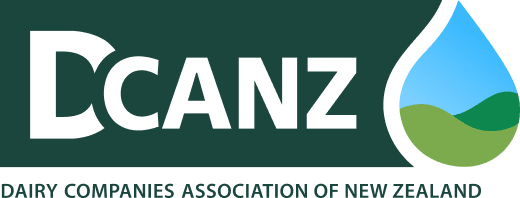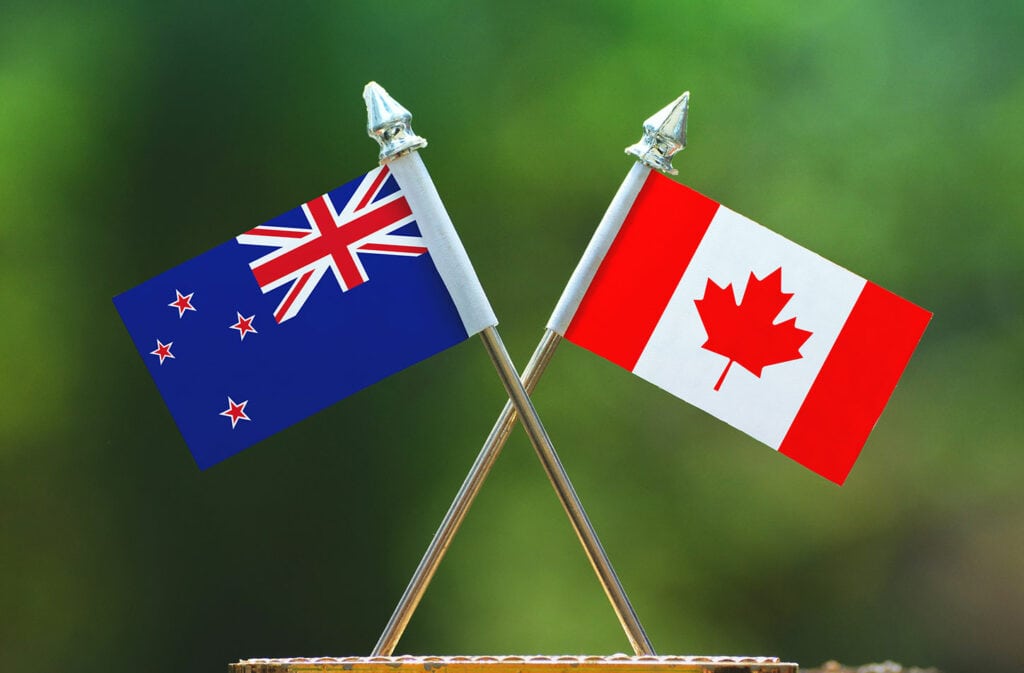The Dairy Companies Association of New Zealand (DCANZ) has joined with US, Australian, European, and Mexican dairy organisations in requesting a WTO dispute settlement proceeding be initiated against Canada if it continues with a planned extension to its dairy trade protections.
A joint letter, sent to Trade Ministers, sets out concerns that a recently concluded agreement between Canadian dairy producers and processors would provide an incentive to substitute Canadian dairy ingredients for imported dairy ingredients and would unfairly subsidise exports of Canadian dairy products. The agreement would provide a guaranteed price for milk used to manufacture ingredient dairy products, including skim milk powder and milk protein concentrate, which is below Canada’s cost of milk production, and which matches the lowest globally traded reference price for these products.
“This will result in trade diversion and global price suppression” said DCANZ Executive Director Kimberly Crewther. “It contravenes Canada’s WTO obligations and undermines the intent of the TPP agreement that Canada signed earlier this year”.
DCANZ considers Canada to be amongst the most protectionist countries in global dairy trade, with tariff rates of up to 300% prohibiting most trade outside of limited quota volumes. New Zealand has previously taken and won a WTO case against Canada for use of illegal export subsidies.
The potential for trade to support economic development and stability for all countries continues to be widely recognised by global leaders, including in the United Nations Sustainable Development Goals. G20 countries, including Canada, made a commitment to avoiding new trade restrictions in the final leaders’ communique following their 4-5 September summit in Hangzhou, China.
“The economic and stability benefits of trade will only be realised if all countries back political rhetoric up with action. This starts with honouring existing commitments under the WTO and other agreements” says Crewther.

